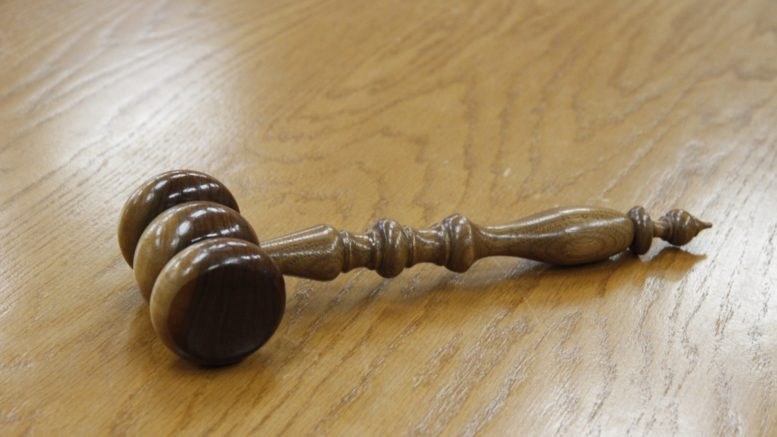(ANNews) - A Calgary judge has struck down a motion seeking to block a class-action defamation lawsuit launched by residential school survivors against the Catholic Church and a priest who denied the existence of unmarked graves on the grounds of former residential schools.
Sphenia Jones, a 79-year-old elder of the Haida Nation in British Columbia who attended the Edmonton Indian Residential School in the 1950s, is the lawsuit’s representative plaintiff, filing on behalf of “residential-school survivors who have spoken out about deaths.”
Jones accuses Rev. Marcin Mironiuk of making defamatory remarks about residential school survivors and bringing their reputations into disrepute in 2021. Also named in the suit are the Catholic Archdiocese of Edmonton, which denounced Mironiuk’s remarks and placed him on indefinite administrative leave, and the Oblate Fathers of Assumption Province.
According to reporting from CTV News, Mironiuk is listed as a priest on the website of a Catholic Church in Brampton, Ont. — a city just northwest of Toronto. CTV didn’t identify the specific church.
Justice James Farrington, in his April 22 ruling allowing the suit to proceed, said he is satisfied the claim has a “reasonable chance of success and completes the basics.” He ordered the defendants to pay the Jones’s legal costs for fighting their unsuccessful challenge.
The statement of claim, which was filed in July 2023, accuses Mironiuk of calling reports of unmarked graves at the sites of former residential schools “manipulation” and “lies.” The priest, according to the statement, claimed that children who died at residential schools died from natural causes.
These remarks were written in Polish, which Mironiuk’s lawyers claim were misinterpreted. The accuracy of their translation hasn’t been proven in court.
Paul Morrison, the defendants’ lawyer, unsuccessfully argued in court that there’s “no basis” for anyone to believe Mironiuk was referring specifically to the defendants.
He argued that “residential-school survivors who have spoken out about deaths” is too vague a description to be an acceptable class for the purposes of a class-action suit.
Justice Farrington was receptive to Morrison’s concern that “spoken out” could be open to excessively broad interpretation, but argued that wasn’t sufficient to throw the suit out at this point in the process.
Max Faille, Jones’s lawyer, argued it would be “cruelly naive,” given Mironiuk’s position of authority, to suggest that parishioners and other members of the church hierarchy wouldn’t be “potentially inclined to believe” the priest’s comments.
Faille added that Jones proceeded with litigation on behalf of everyone who has “had the courage to speak about their experiences and their knowledge of what happened at residential schools, including the horrific number of deaths of children.”
In an interview with the Globe and Mail, Faille noted that the law “does recognize that a group can be defamed.”
Prior to the hearing, Jones told reporters about her experience of abuse at residential school, describing having her nails ripped out, being beaten with a stick and witnessing other children’s deaths.
“She saw where they were buried, along the fence – an area now overgrown with trees,” the statement of claim reads.
Jones’s claim details how she was taken from her family in Haida Gwaii at age 11 and transported by train to Edmonton, with stops on the way to pick up children in other Indigenous communities, some of whom died on the way.
Jones told reporters that filing this lawsuit is her “way of saving our children.”
Father Marcin Serwin, speaking on behalf of Mironiuk and the Oblates, said in a statement to the Globe that the defendant spoke specifically about unmarked graves at the Kamloops Indian Residential School and not residential schools in general.




